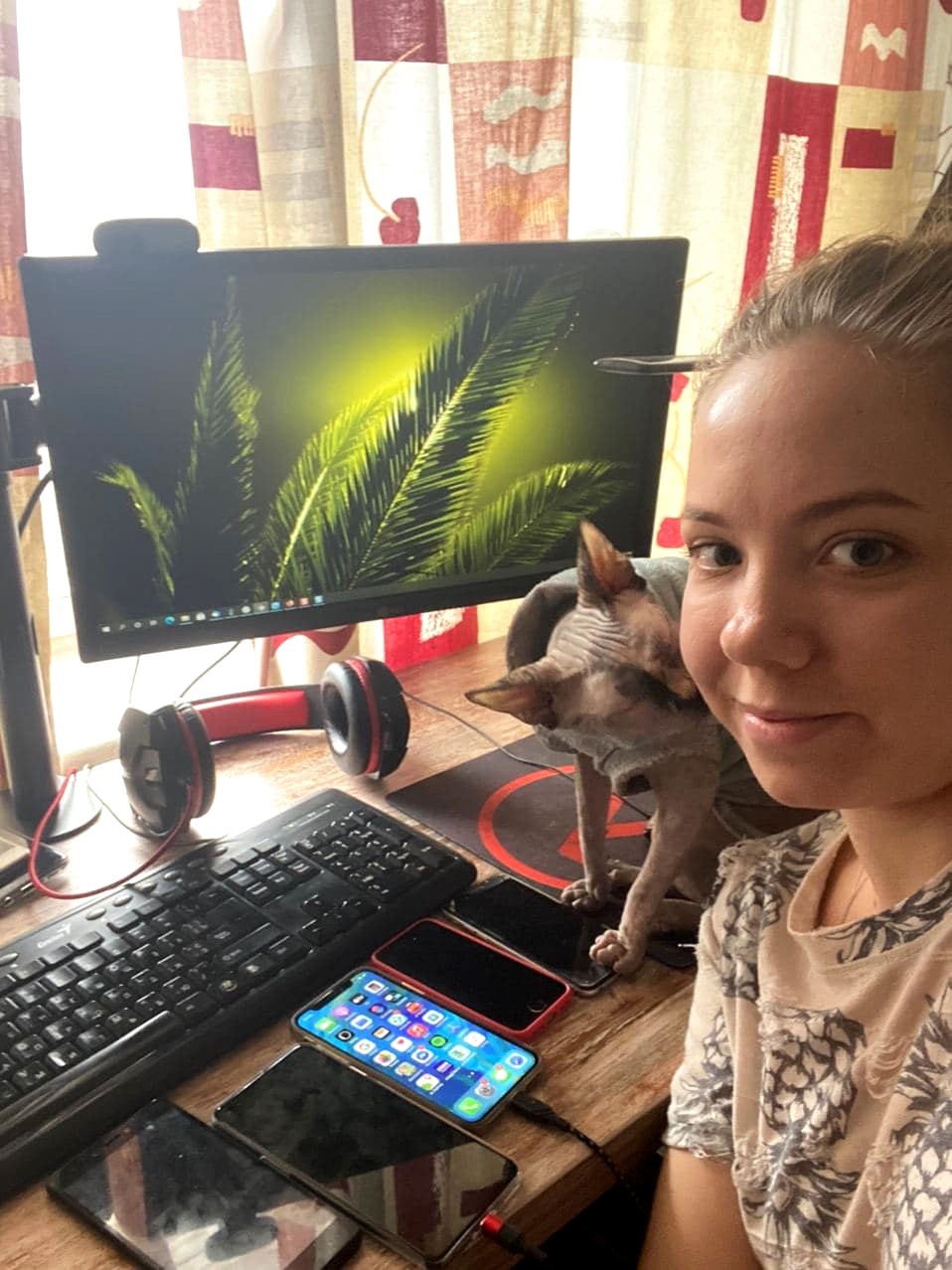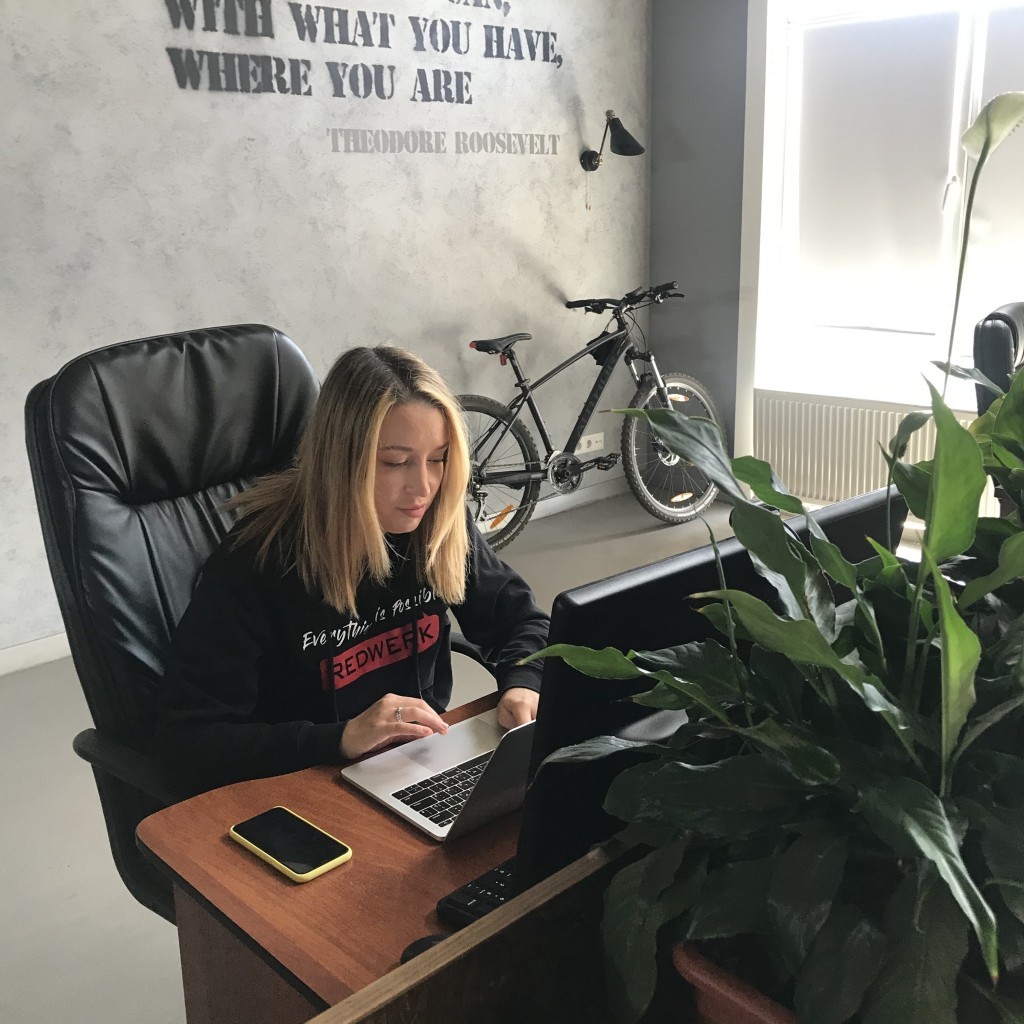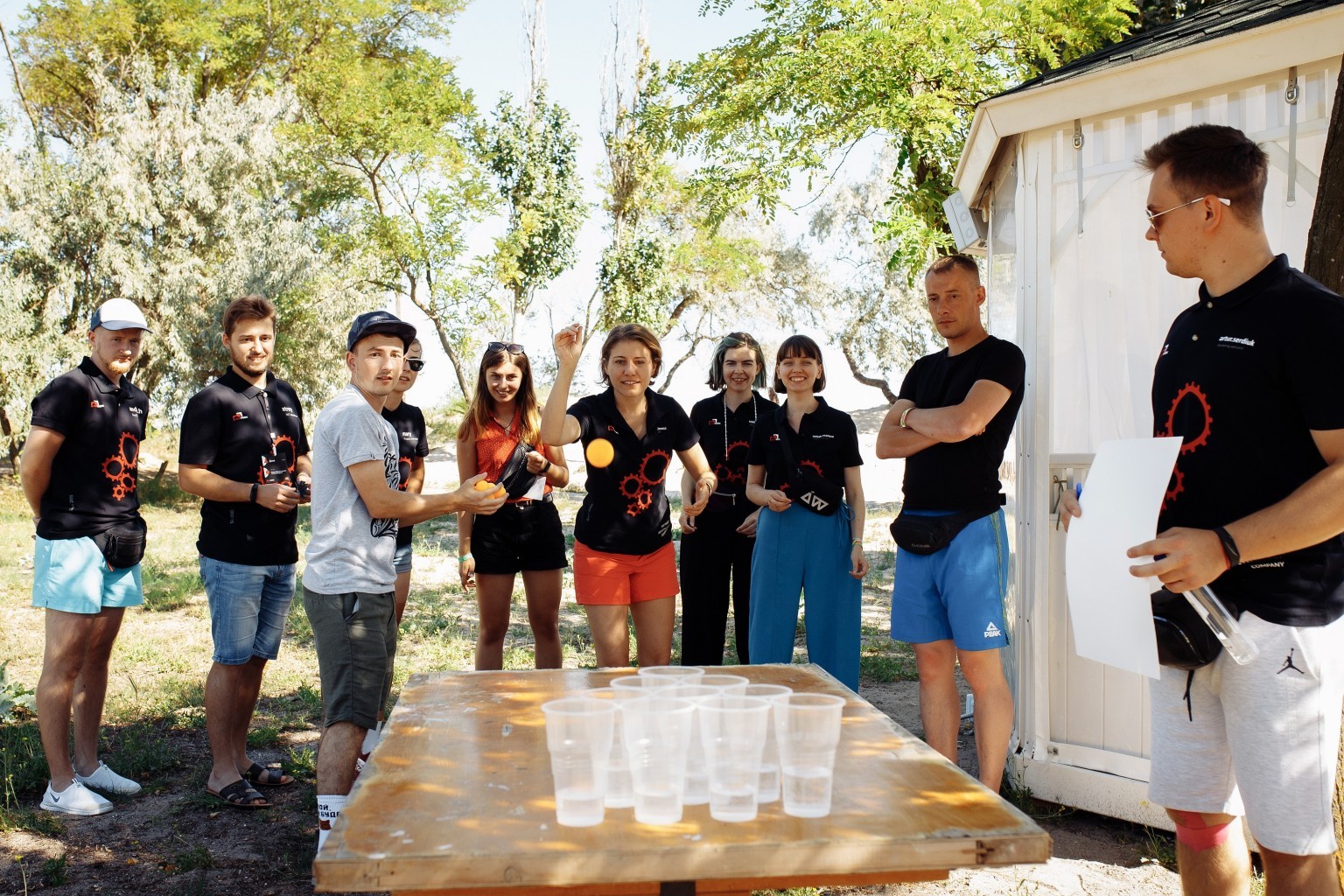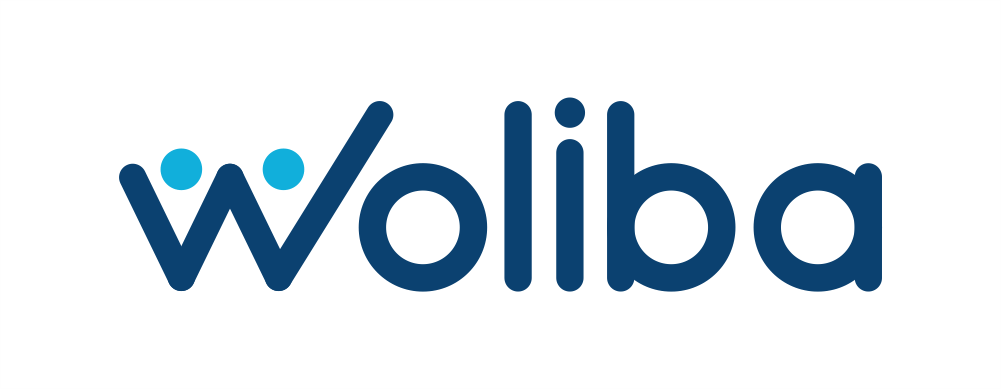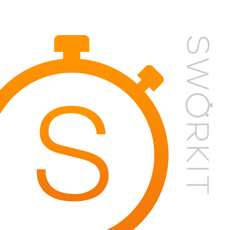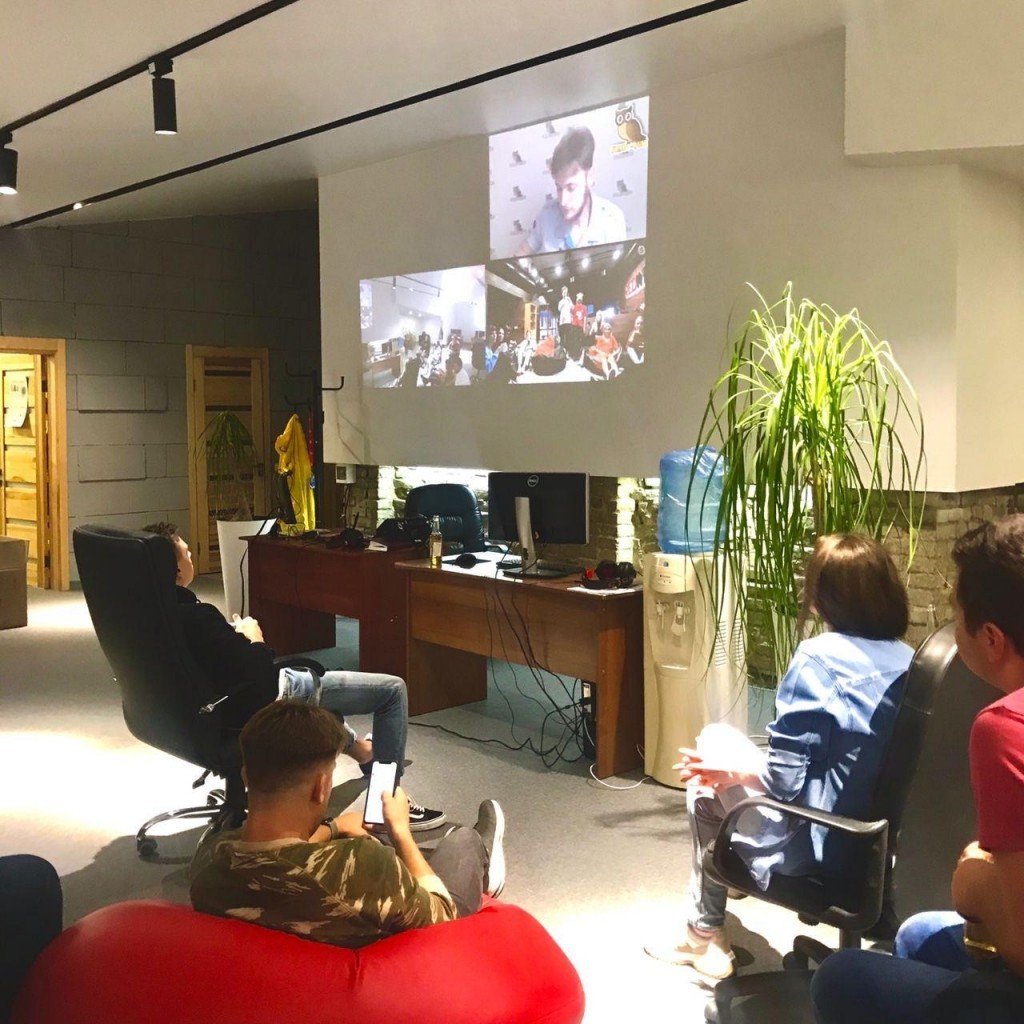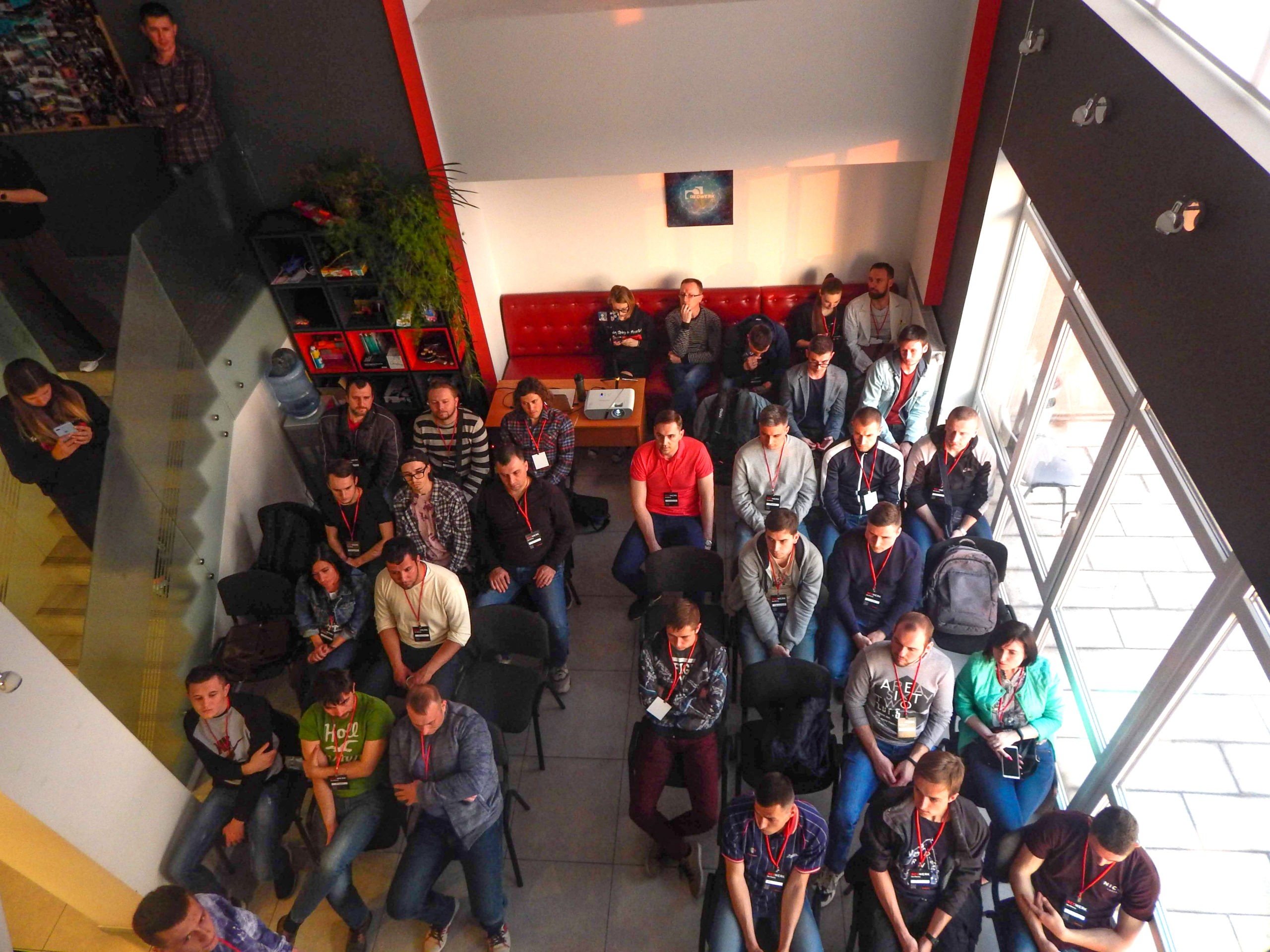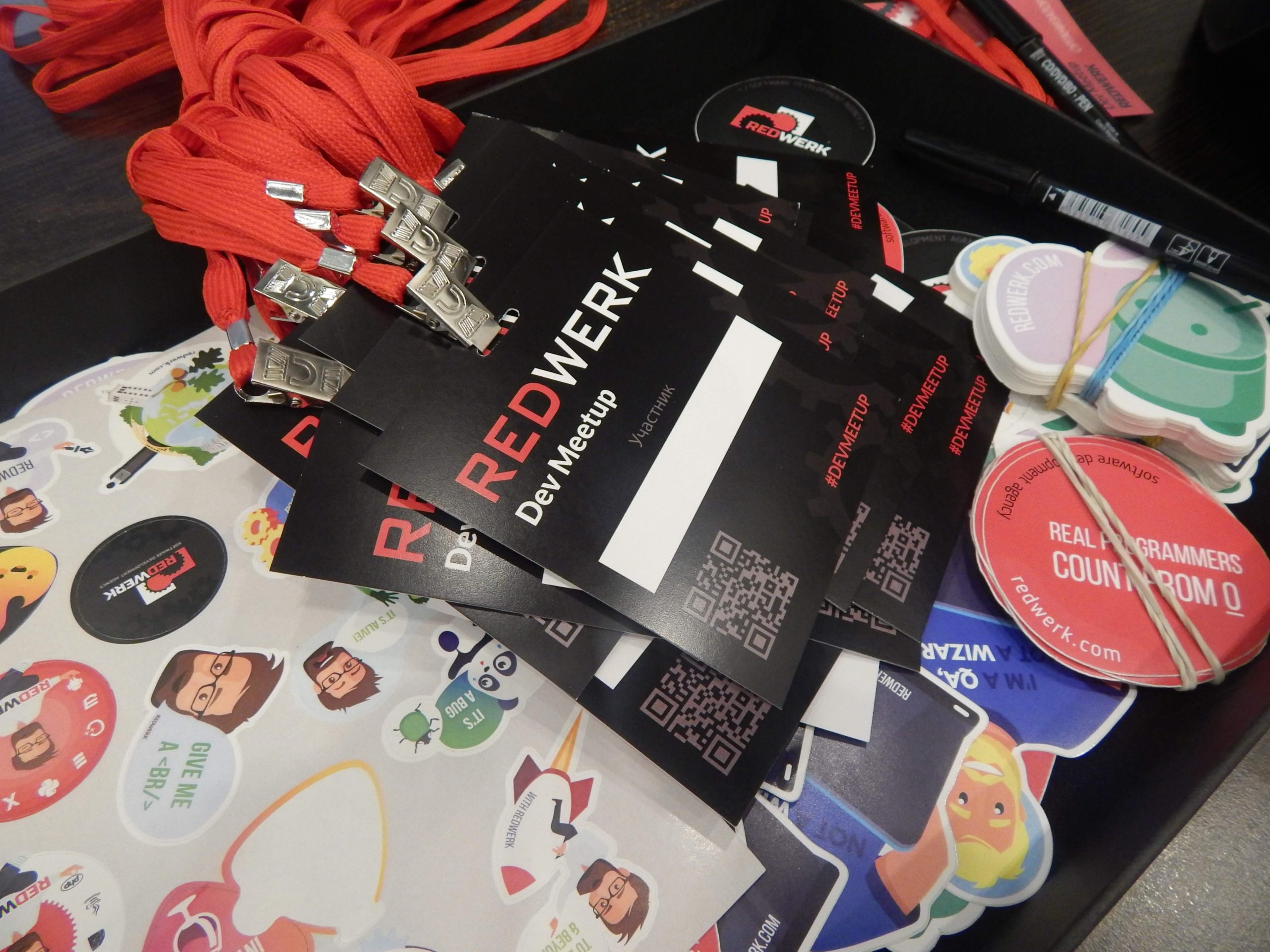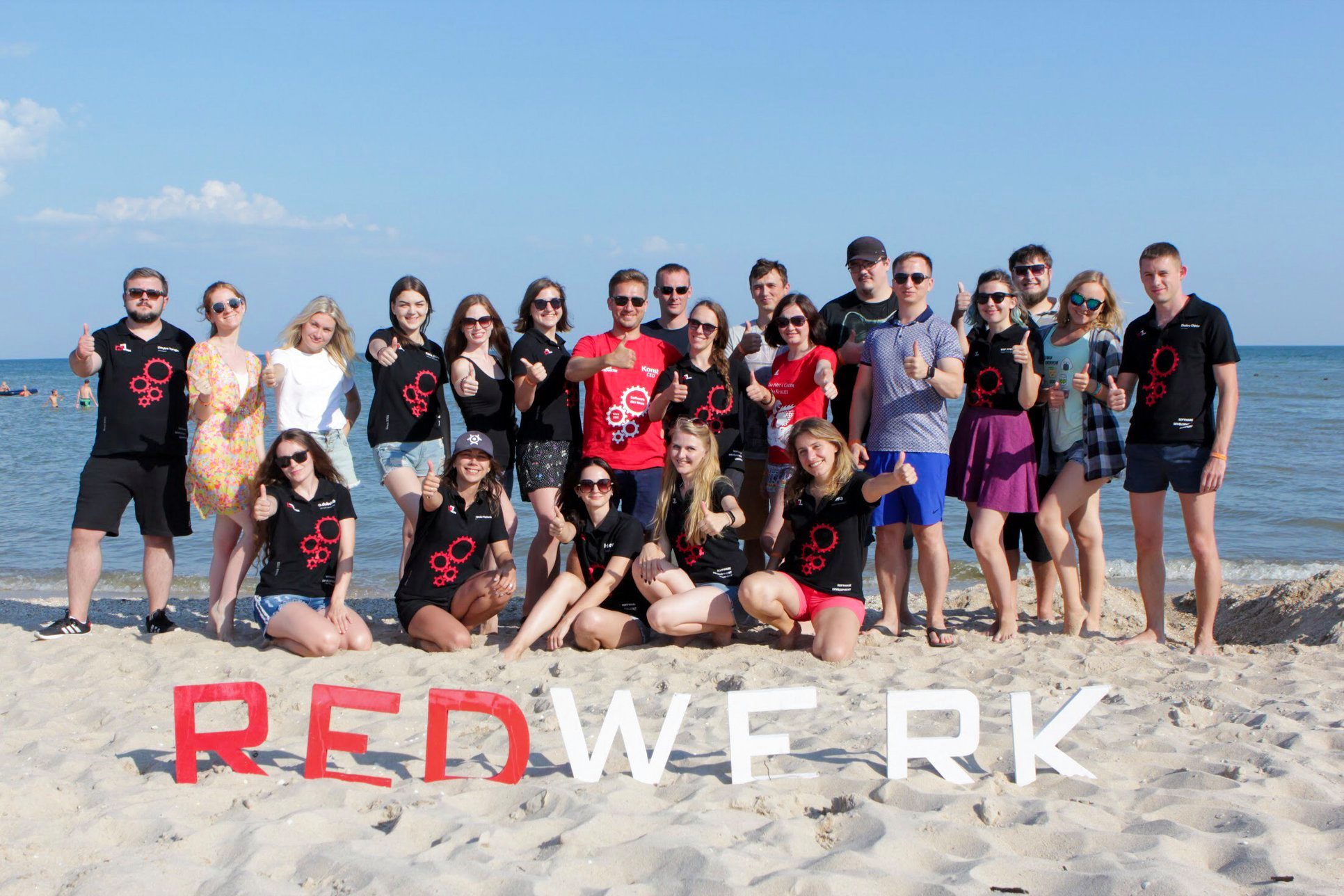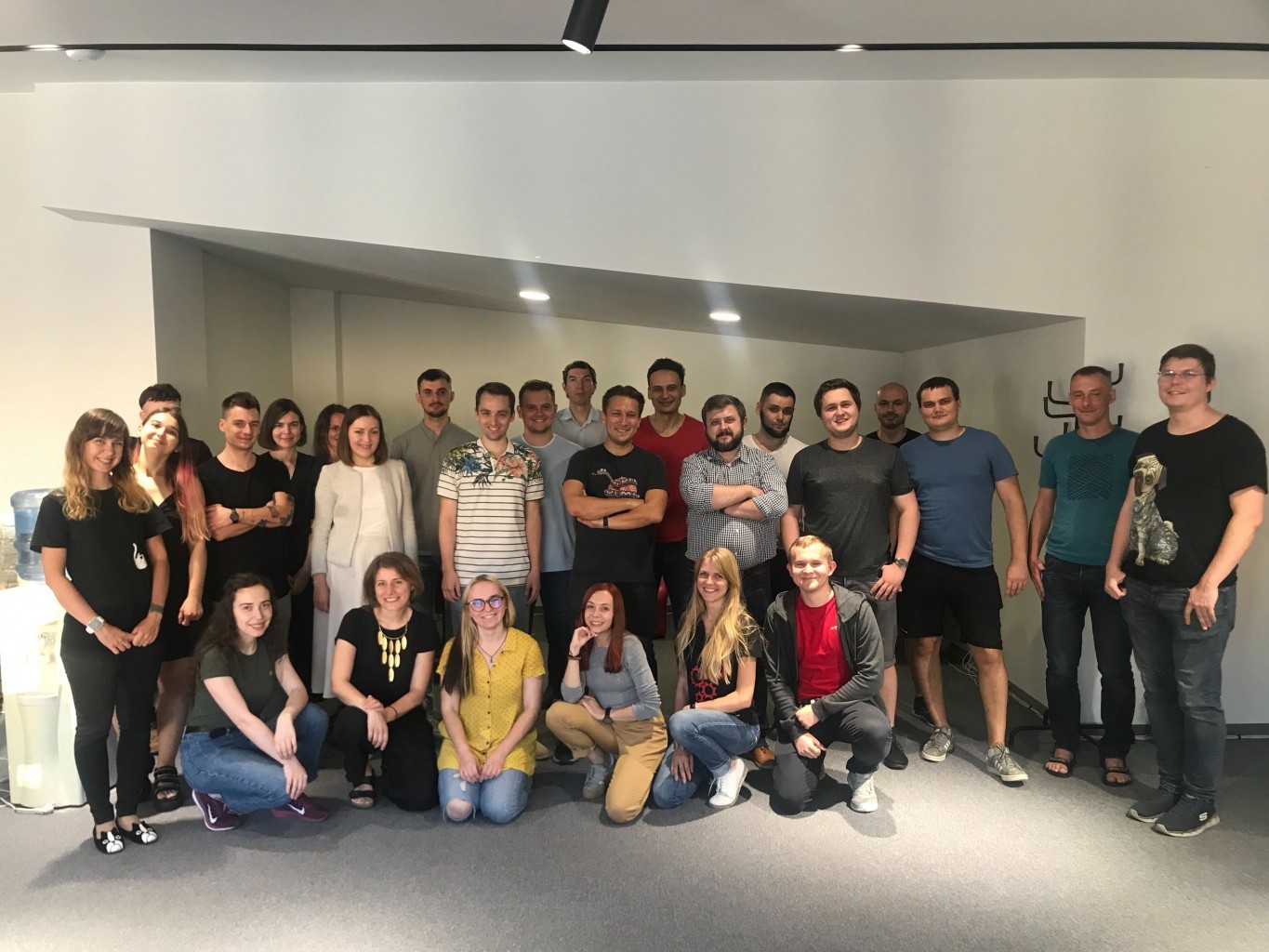Work-life balance is one of those topics that have been discussed countless times, but still no one can agree on what it is and how to attain this miraculous equilibrium.
Some view work-life balance as an opportunity to work no more than 8 hours a day and still have time to hit the gym, run some errands, and relax with family and friends. Others believe it’s an outdated approach and we all should move towards work-life integration without stressing ourselves out about failed attempts to delineate between our professional and private lives.
While work-life balance doesn’t seem like a utopia for countries like the Netherlands, Italy, and Denmark, which have the highest Better Life Index, other countries, the USA for instance, continue struggling with overworked employees.
In this article, we’ll talk about benefits of work-life balance culture, work-life balance examples for companies to follow, what’s working, and what’s not. Stay tuned!
Work-Life Balance Benefits
While each individual is responsible for creating a life of their dream, work-life balance is no longer a matter of one person. It has become a huge concern for businesses small and large, all because of ever-increasing employee burnout.
According to a pre-pandemic survey by Deloitte, 77% of professionals in the USA have experienced workplace burnout at their current jobs. Needless to say how far this number has jumped during prolonged lockdowns.
Worth noting, founders, CEOs, and C-level executives also suffer from burnout. Recent statistics show that 60% of leaders feel squeezed like a lemon by the end of the day. Our CEO has also raised this issue, and here he shares a personal story of how he saved one of his loyal employees from burnout.
Building an efficient work-life balance culture is a fundamental measure to prevent employee burnout, but it also brings other benefits, such as:
- Increased employee productivity
- Higher employee engagement and motivation
- Better customer service
- Higher retention rate
- Strong HR brand luring the best talent
- Ability to innovate and outrun competitors
Work-Life Balance Examples
In an attempt to be the best versions of ourselves in every role we take, we often put too many things on our plate, spreading ourselves too thin and eventually burning out. We want to be respected professionals, great partners, loving parents, always there for our friends, and always reaching new heights. However, there’s just a tiny problem we tend to forget – reality, with its household chores, family responsibilities, and a prolonged pandemic.
So what do we do about that? Like any other issue, work-life balance requires the effort from both parties, in this case – the company and the employee. We’ve compiled a comprehensive guide of best work-life balance initiatives successful tech companies have made part of their corporate culture. We also share our experience, making it clear why those policies are a perfect or terrible fit for us and whether they are any good or work only on paper. Let’s dive right in!
Unlimited Work from Home
Work from home (WFH) has become a norm for professionals the world over. From market leaders to local players, businesses have reconsidered their stance on remote work. It turns out employees can work independently and be as productive in a home office as in a corporate setup.
Further research shows that WFH is not a temporary measure to survive lockdowns but a well-established trend that is here to stay. About 80% of company leaders will allow their employees to work from home at least part of the time, while 50% are ready to give their workforce complete freedom and provide unlimited WFH.
WFH is often combined with flexible scheduling to appeal to a broader audience of professionals who believe work-life integration is fundamental for lasting productivity and loyalty.
Fact: 54% of global workforce prefer the opportunity to choose their work location to extra vacation days or job at a prestigious company.
With two R&D offices in different cities, we’ve mastered the art of efficient remote work long before the COVID-19 pandemic hit us. Most of the work we deliver to clients happens online, though we also worked on-site for some of our clients. Nowadays, we offer unlimited work from home with the ability to come to the office any time one needs a cosier space to focus on work.
Let’s compare the arguments of remote work supporters and opponents side by side and see what effect it has had on their lives.
WFH Improves Work-Life Balance
- I can spend more time at home, and I finally could get a dog. WFH should be a must-have for IT agencies.
- First off, it’s cool when you have a choice.Secondly, it eliminates the stress of writing to your manager and explaining why you need to stay home. For example, you don’t have to worry about your commute during bad weather, whether you’ll end up with soaking feet, or catch a cold. Also, when you work remotely for some time, you start missing your colleagues and then get thrilled when you get to work in the office and chat with your teammates in person.
- I find it convenient that I don’t have to waste my time on my daily commute and can take a break whenever I feel tired, even have a nap. Of course, the latter privilege should not be abused; otherwise, you’ll end up working late.
- Getting to work in slippers is probably the best part. I used to spend 1-1.5 hours just to get to the office.Now I can go for a walk in the middle of the day or lie down on the bed for 15 mins whenever I have back pain or headache.
- It became easier to plan my time; I feel free and no longer confined to the office walls.I also have more time to spend with family and close ones.
- I no longer have morning anxiety caused by the need to get ready in a rush before the subway becomes overcrowded.I’ve also improved my nutrition thanks to homemade meals and can do a quick workout at any time during the day.
- Finally, I can appreciate the benefit of living in a house in the suburbs. I no longer have to drag my bike countless floors up and down.Another game-changer for me is the freedom to book doctor appointments when I need them, not squeezing them into the tiny available slots left.
The following benefits are apparent: no time wasted on a commute, the ability to work early in the morning or late into the evening, and more focused and productive work because there are fewer distractions.
WFH Doesn’t Improve Work-Life Balance
- When I work remotely, the entire day is gradually stretching into a long workday.
- I often found myself in front of the screen past my working hours, primarily when I worked on a labor-intensive task or something requiring a lot of creative brainstorming.I literally had to fasten my laptop to the table to have no temptation to grab it and continue working while changing spots around the house.
- Some issues are easier to resolve in person than remotely.For example, discussing software architecture and business logic goes faster and smoother with a whiteboard and everyone gathered in a circle. Arranging a similar discussion in Zoom requires a little bit more effort – making sure everyone sees and hears each other, speaks in turns, pays attention, stays engaged, etc.
- While working remotely, we have fewer opportunities to get to know our teammates, especially newcomers.
Flexible Scheduling
Over the past couple of years, traditional 9-to-5 has been increasingly losing ground to flexible scheduling, and the COVID-19 pandemic has only enhanced this trend. People no longer want to fight their day-night rhythms and work at their unproductive hours.
Even if you’re no longer required to commute, it makes no sense for night owls to show up for work early. What’s the point of forcing your over-caffeinated body to wake up if you’re most creative in the evenings?
What about working moms? Don’t they struggle enough already? Recognizing the importance of flexible scheduling and the devastating effect of Zoom fatigue, forward-looking companies switch to asynchronous work using innovative tools like Loom and Yac.
Fact: 80% of global employees prefer jobs with flexible scheduling.
Here are examples of companies that have successfully adopted flexible work policies.
have grown organically from 3 to 70 ICT professionals
100% client deadlines met
At Redwerk, we don’t want our employees to compromise on hobbies or come to work sleep-deprived, barely making it to the end of the week. We believe in well-rested, happy employees bringing their positive spirit to work and firing each other up. That’s when great ideas get born, implemented, and delivered on time.
Healthcare & Wellness Plans
Nowadays, providing health insurance to employees has become a norm, not a luxury. And it’s not surprising. Spending the majority of our time at work, we continually expose our health to various hazards, be it an uncomfortable chair, stressful negotiations, or hours-long work in front of the computer screen. Therefore, it’s only fair for employers to do their part in preserving their employees’ health, both physical and mental.
Physical Health
Let’s remind ourselves what companies can do to help employees maintain their good physical health:
- Provide ergonomic workplace for each employee + cover home office setup during lockdowns
- Cover gym membership or any other fitness classes (dancing, stretching, yoga, pilates)
- Arrange workouts on-site / stream virtual workouts after working hours or during breaks
- Reimburse the fee for a fitness app subscription
- Ensure catered meals are wholesome and nutritious
- Educate employees on the importance of staying in shape
At Redwerk, we reimburse the fee for gym membership and other types of physical training, deliver healthy meals to the office, and offer comprehensive medical insurance for employees who have worked at least three years with us. We also make sure our team buildings are not limited to Friday pizzas and involve some kind of physical activity (laser tag), preferably outdoors (corporate seaside party).
Mental Health
Although physical and mental health are intertwined, the latter is often neglected and given less attention than it deserves. To assure a holistic approach to corporate healthcare, companies can do the following:
- Create recharge spots (massage rooms, nap rooms, cat rooms)
- Arrange meditation sessions & mindfulness practices on-site or virtually
- Cover the subscription of a mental health app
- Educate on ways to improve one’s emotional intelligence
- Conduct employee mood checks through polls
- Host a corporate retreat
Checking in with your teammates is essential to creating a feeling of psychological safety, appreciation, and support. The biggest mistake that your HR people can make is assuming they know what everyone wants and how everyone feels.
Here at Redwerk, we regularly conduct polls and surveys to collect as many opinions as possible and identify alarming issues early on. This approach also helps us decide on the subsequent actions towards improving our work-life balance policies.
We also take measures to combat Zoom fatigue. Don’t get us wrong. We understand the importance of real-time communication and occasional team syncs. However, frequent and prolonged meetings do more harm than good, to the extent about 70% of senior managers believe they are a complete waste of time.
At Redwerk, we communicate a lot via Slack channels, group chats, and DMs and occasionally via emails, reducing the number of meetings to one per week for each department.
Tools
As a software development agency specializing in SaaS products, we couldn’t but mention modern tools designed to help us take proper care of our physical and mental health.
Our list is by no means exhaustive, but these are the products that caught our interest.
Fact: By 2022, the number of fitness app users in the USA is projected to hit 86 million.
All-in-One SaaS Platforms
Fitness Apps
Mental Health Apps
Family-Friendly Policies
A fruitful work-life balance strategy is one that speaks to the individual needs of each employee. While it’s pretty challenging to satisfy every single wish, making sure your organization has a comprehensive family policy in place is a guaranteed way to increase employee retention.
Dealing with stress, fatigue, and anxiety may seem like a daunting task for working parents who often find themselves in a vicious circle of juggling between work and family. We should also remember that employees may take care of their aging parents of a family member with a chronic illness. Therefore, companies who genuinely want employees to be successful not only in their careers but also in their personal lives make sure to accommodate the following:
- Provide generous maternity and paternity leaves (birth, adoption, foster placement)
- Provide family medical and emergency leaves
- Arrange childcare facilities on-site or in the vicinity
- Allow flexible scheduling, work from home, or part-time work
- Arrange family-oriented events
- Educate employees on coping mechanisms
- Reimburse the fee (at least partially) for mental health therapy
It’s no breaking news that the pandemic has made the lives of working parents much more difficult. However, progressive companies continually search for new, creative ways to support their employees with kids, especially during these turbulent times. Here is how Grammarly took the lead.
Fact: About 10 million working mothers in the USA have experienced burnout.
At Redwerk, we strive to maintain a family-like atmosphere to make our workplace feel like home, like a creative hub, like a place where you feel appreciated and understood.
To achieve that, we’ve built a culture of mutual support, free knowledge and idea exchange, and friendly communication with no rigid boundaries between top leadership and employees. More so, we have a flat organizational structure, which means decision-making resembles a pleasant conversation rather than countless agreements with every single manager up the corporate hierarchy.
Here are some more things that we do to maintain our family-like atmosphere, regardless of where we work – remotely or in the office:
- Monday chatting in a dedicated Slack channel to discuss what’s going on outside work
- Celebrating employees’ special events and off-work wins (like getting married, winning a cycling contest, or becoming a certified dubbing expert)
- Company anniversary party at the seaside with plus ones allowed
- Casual Friday every day
- Unique office traditions and holiday-themed contests (peer recognition days, Ukrainian / English
language days, best-decorated Christmas tree, best Halloween look, funniest mishaps) - Holiday gift boxes for employees and their kids
- Office exchange for several days to meet the rest of the team in person and experience a new city
Clear Boundaries
While flexible scheduling and unlimited work from home make employees true masters of their lives, these perks, like any awesome things in our life, have a flip side. What happens, in reality, is that people start working non-stop, replying to emails and messages in real-time, or staying up late to compensate for the long break they may have taken to walk their dog.
Another extreme is when companies try to create work-life balance at the premises of their offices. We’re talking about large offices with fully-fledged gyms, music and movie rooms, tons of entertainment options, and spa rooms, which is undoubtedly cool. However, it results in employees staying even longer at offices and being away from their families.
So we can conclude that moderation and good judgment are key in establishing an effective work-life balance culture. Fully remote employees need to be educated on switching off the operating mode and practicing a digital detox. Large corporations, in their turn, need to stop encouraging employees to spend all of their free time on corporate campuses.
Fact: Putting in 50-55 hours per week negatively affects employee productivity and eventually leads to absenteeism and turnover.
What about Redwerk? In the software development industry, overtimes cannot be entirely eradicated. A mission-critical release with millions of dollars at stake in case of a delay may require putting in extra hours to make sure things go as planned and our client feels calm and fully satisfied. However, such cases should be more an exception rather than the norm.
- Educate employees on the need to set boundaries
- Double the fee for working during late hours
- Make sure employees who have worked overtime go on a vacation or take several days off right after
- Transform accumulated overtimes into extra vacation days
Education Plan
Education is one of the most valued perks among employees. And it is not surprising. The majority of employees want to stay competitive and aware of the industry trends and best practices. Therefore, they try to future-proof their careers through continuous learning.
Understanding that your employer trusts you and invests in your professional growth boosts morale and increases motivation to work more productively. Let’s be honest here, even those of you who dislike showing off your newly acquired skills would appreciate a compliment from a colleague on being a true pro.
According to LinkedIn Workplace Learning Report 2021, about 80% of Gen Z professionals believe that a successful career is impossible without lifelong learning. So do we, and about 60% of Millennials, and Gen X, and Boomers.
Realizing the tremendous impact of employee education programs on retention, companies worldwide have devised miscellaneous learning and development plans for their teams. Let’s compare some of the most enticing ones.
option to use work hours for professional development
$3000 learning stipend annually
high employee retention –
“…we hire rarely. Maybe only once or twice a year.”
free books and Kindle
$20 per month on every employee
$1000 learning stipend
career coaching
library of the latest professional literature + free books
50% reimbursement of courses, tech event tickets
personal self-development plan
access to top courses for C-level executives
option to use work hours to master a new tool
free English classes
internal knowledge sharing meetups
external Dev Meetups
Volunteering Options
It’s hard to imagine a full-on work-life balance program without any volunteering options. Volunteering is crucial for employees to feel like humans rather than robots grinding from dusk till dawn. There’s nothing more heart-warming than understanding your act of kindness has changed someone’s life for the better.
Moreover, countless studies have proven that volunteering increases employee retention, helps teams unlock hidden talents, and boosts overall morale, among other benefits. It seems like a win-win situation for employers and employees: the former get to retain highly motivated talent while the latter enjoy fulfillment from contributing to socially significant projects.
While each company decides for itself how it makes volunteering an integral part of its corporate culture, here are some examples to get inspired and create a unique volunteering policy for your business.
7 paid volunteer days per year
Pro Bono Services – skill-based volunteering
up to $5000 in matching employee gifts annually
430M+ donated
5.7M+ hours contributed
5 paid volunteer days per year
Sage Foundation: fundraisers, educational programs, COVID-19 response
$1M+ donated
800K+ hours contributed
Activity Kits for skill-based volunteering at schools and community organizations
up to $10000 in matching employee gifts annually
$65M donated
21.8M hours contributed
matching employee gifts (no fixed amount)
raise money for children, seniors, animal shelters, and other causes initiated by our employees
occasional trash challenges
Golden Heart of Ukraine Award
COVID-19 help, Christmas Charity, Easter Charity, and many other initiatives
Four-Day Work Week
Four-day work week has received lots of speculation in the past few years. While some companies and thought leaders view it as the next step in the workplace evolution, others are still unsure if it’s possible to maintain the alleged employee productivity boost in the long term.
For example, Awin, an affiliate marketing agency based in Berlin, has successfully tested a four-day work schedule during the COVID-19 pandemic and they intend to continue this practice in 2021 as well, “focusing entirely on outcomes rather than a more traditional input measurement.”
Spain recently stole the spotlight with its three-year pilot project fully supporting companies in their first year of transitioning to the four-day work week. Other developed countries have also considered reducing working hours without affecting the pay. New Zealand politicians, for instance, view four-day work week as one of the means to boost domestic tourism during post-pandemic times.
At the same time, opponents of this trend still believe that a successful venture requires extra effort and extra push to stay ahead of competitors. Jack Ma, Alibaba’s co-founder, is notorious for glorifying the so-called “996 work culture”, which stands for working from 9 a.m. till 9 p.m. six days a week:
paying extra effort and time?”
At Redwerk, we believe the 996 work culture is a recipe for disaster. Although we are not yet ready to switch to the four-day work week, we make sure Redwerkers have ample time to rest, develop their hobbies, and upskill.
Unlimited Paid Time Off
Nowadays, more and more companies gear towards paid time off (PTO) policies rather than allocating a specific number of days for vacations, day-offs, and sick leaves. PTO gives employees the freedom to manage their time as they deem fit with less bureaucracy and the ability to take more frequent vacations, albeit shorter.
However, some companies go as far as offering unlimited PTO.
Wait, what? Does it mean I can take endless vacations and get paid for that? Well, not exactly. First, make sure you’ve completed all the tasks on your monthly plan, and then enjoy the well-deserved rest. It doesn’t matter how many hours a day you work as long as you can deliver the expected result.
Important note: This policy makes most sense for companies that do not track their employees’ hours or have irregular work days.
Let’s compare PTO packages of global tech companies.
Flexible parental leave
(4-8 months on average)
Parental leave
Week-long paid shutdown
While unlimited PTO is a policy that can give your company a competitive edge in terms of talent acquisition, it doesn’t work for everyone. For example, CharlieHR had to ditch the policy altogether because without clearly documented vacation plans, people started taking less time off. Moreover, this uncertainty of what is the accepted line not to be crossed only made the staff feel anxious.
Another company that faced a similar issue with unlimited PTO is Kickstarter. In 2015, it switched back to the set number of PTO days – 21 annual paid vacation days and 25 annual paid volunteer hours.
This approach to nurturing a work-life balance culture is also not suitable for Redwerk. As a software development agency, we need to track how much time we usually spend on developing a certain feature to provide accurate project estimates and stay on schedule.
Travel Budget
Offering generous vacation plans is not the only way to encourage employees to take time off, especially if the unused vacation days get paid out. Working in fast-paced environments combined with the present-day achiever culture results in people piling up their vacation days instead of gaining the most out of them to recharge.
Fact: 40% of Americans don’t use all of their vacation days.
If a lavish PTO is not enough motivation for some people, what else can prompt them to shift their focus off work and finally relax? The right answer is extra cash for traveling.
Going on a trip is a surefire way to stop fixating on job-related tasks and a great opportunity to source inspiration from a new surrounding. And if you’re encouraged to travel not only with words but with actual money, you might just jump on an adventure without reminders from your wellbeing manager.
Here are the companies that see much value in traveling and support their employees not only in words but also in deeds.
high employee retention –
“…we hire rarely. Maybe only once or twice a year.”
flexible PTO
parental and baby bonding leave
paid winter break
21 vacation days + leaves
paid parental, medical, family leave (up to 4 months)
$500 home office reimbursement
partial coverage of home internet and mobile phone service
At Redwerk, we don’t miss out on travelling too. Although we cannot boast such generous travel stipends, we annually take our employees and their plus ones to our corporate summer party at the seaside.
What Redwerkers Say
Having a transparent and open-minded corporate culture allows us to keep our team members engaged and highly responsive. Being able to conduct a two-way dialogue with our employees is something we are truly proud of, and it would be unreasonable for us not to use this advantage to improve our relations even further. Therefore, we regularly solicit feedback from each team member, which gives us a clear understanding of our strengths, our most appealing perks, and values uniting the best talent around our mission.
When Celebrating Work Anniversaries
Speaking of feedback, we have an awesome tradition to celebrate work anniversaries, and each time an employee hits one, two, three and counting years with us, we ask them one crucial question,
What do you like most about working at Redwerk? Let’s have a look at some answers.
“I love Redwerk for the team that never fails me.”
“I love Redwerk for the team, the comfort in doing my everyday work, engaging and self-developing projects. Redwerk will always see to it that you grow as a specialist, improve your foreign language skills, have a balance between work and leisure, work out, and eat well.”
“I love Redwerk for the flexible schedule and zero bureaucracy.”
“I love Redwerk for the flat structure, amicable people, flexible schedule, the ability to work remotely and take a vacation when it’s convenient for you in the first place.”
“If I were to describe years spent together with Redwerk, I would say they were Interesting, Complex, Comfortable. This combination is exactly what I love Redwerk for.”
“Challenge, Experience, Comfort – my two years with Redwerk were full of these. I love Redwerk for the friendly atmosphere, high standards, and enticing projects.”
“I love Redwerk because its leadership always takes care of the employees. The HR team creates a conducive psychological climate. More so, almost every team member is genuinely interested in achieving common goals.”
When Sharing First Impression
Having a job offer signed is just a tiny fraction of the deal. When welcoming newcomers, we want to be sure they feel comfortable, share our values, and communicate well with the rest of the team. We also care to make a positive first impression to retain our new hires and motivate them to stay for the years to come.
“I really like that the company supports eco-initiatives and charity events. Another strong asset is the team itself – very easy-going and cooperative people.”
“I’m happy that the people I get to work with every day are pretty friendly. I see that each team member knows their area of responsibility and approaches tasks with diligence. Whenever I need to clarify things, my questions get fully addressed. The overall vibes are that of psychological safety and a healthy environment, which definitely help me overcome fears and challenges.”
“The team spirit is unbeatable! Whether solving an issue at work or enjoying leisure time together – cooperating is easy. I really love that!”
Final Thoughts
When it comes to establishing a thriving work-life balance culture, there’s no universal strategy. The choice of work-life balance initiatives depends on various factors – from the company’s services to employee preferences, corporate philosophy, budget limits, and geographies. However, what unites professionals across the globe is the desire to have freedom – in managing their time, in choosing perks, in voicing their concerns. Here at Redwerk, our work-life balance policy is simple: work the way it works for you.
We’d love to hear your work-life balance stories, so make sure to share them in the comments!

